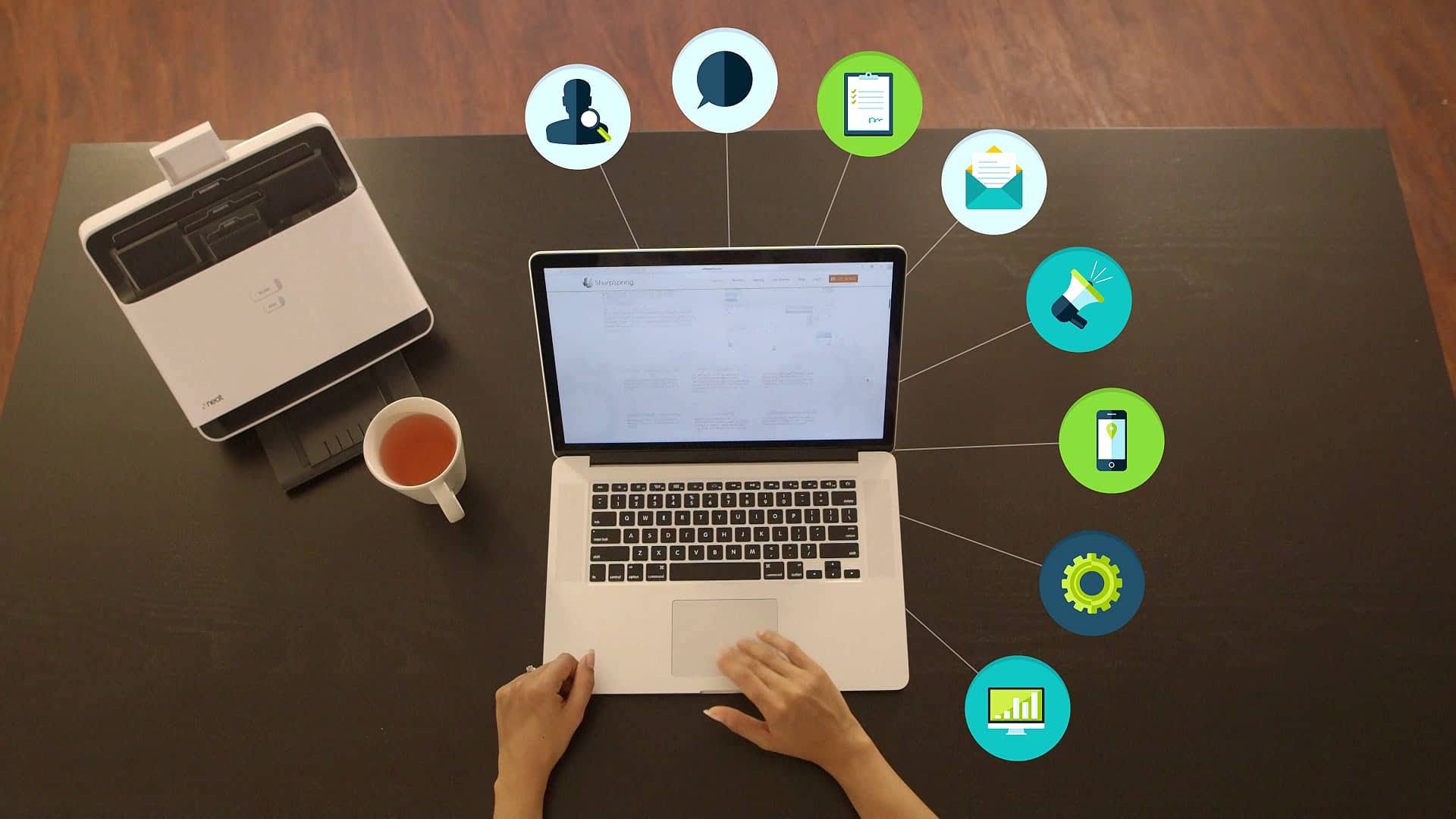The carbon offset market plays an important role in offsetting greenhouse gas emissions and mitigating climate change. Carbon offsets are measured in metric tons of carbon dioxide-equivalent (CO2e) and represent credits for emissions reduced, sequestered, or avoided elsewhere. Businesses and individuals purchase carbon offsets to compensate for emissions produced through activities like driving, flying, and household energy usage. Common carbon offset projects include renewable energy installations, energy efficiency programs, methane capture, forestry and agriculture projects. With global regulations and initiatives to reduce emissions and limit global warming, the demand for cost-effective solutions like carbon offsets is increasing substantially.
The global carbon offset market is estimated to be valued at US$ 477.85 Mn in 2024 and is expected to exhibit a CAGR of 8.6% over the forecast period 2024-2030, as highlighted in a new report published by Coherent Market Insights.
Market key trends
One of the major trends driving growth in the carbon offset market is the growing corporate focus on achieving carbon neutrality targets. Many large multinational companies have committed to science-based emissions reduction targets and purchasing high-quality carbon offsets is becoming increasingly important in complying with such goals. Technological advancements are also supporting new project types like those involving carbon capture, utilization and storage. Meanwhile, initiatives like the Paris Agreement and inclusion of carbon offsets in compliance carbon markets are steadily increasing institutional demand. Finally, offset standards and registries are evolving to accommodate various offset project profiles, scales and geographical scopes, allowing for wider sourcing of offsets. Collectively, these factors are fueling overall market expansion.
Porter’s Analysis
Threat of new entrants: The threat of new entrants in the carbon offset market is moderate. There are significant start up costs associated with establishing a carbon offsetting program and certifying offsets. However, new players can enter the market by partnering with existing offset project developers or retailers.
Bargaining power of buyers: The bargaining power of buyers in the carbon offset market is high. There are many options available for buyers in terms of project types, certification standards, and offset prices. Buyers can negotiate lower prices or switch between suppliers easily.
Bargaining power of suppliers: The bargaining power of suppliers in the carbon offset market is moderate. While there are many offset project developers and retailers, developing large-scale offset projects require significant upfront investment. Switching costs for suppliers are also relatively high.
Threat of new substitutes: The threat of substitutes in the carbon offset market is low as there are limited alternatives available for organizations to counterbalance their carbon footprint other than purchasing carbon offsets or directly reducing emissions.
Competitive rivalry: Competition in the carbon offset market is high due to the presence of many international offset standards and project developers. Players compete based on offering a variety of project types, fixed pricing, and branding.
Key Takeaways
The global Carbon Offset Market Demand is expected to witness high growth over the forecast period.
Regionally, the Asia Pacific market is anticipated to grow at the fastest pace owing to increasing carbon neutrality goals and emissions trading schemes in key economies like China and India. Initiatives like the Clean Development Mechanism have also contributed to growth of the offset market in the region.
Key players operating in the carbon offset market include AptarGroup, Weener Plastics Group, Bormioli Rocco Pharma, Pacific Packaging Components, PCC Exol, SHL Group, O.Berk Company, Winfield Laboratories, O.Berk, Comar, RPC Group, Alpha Packaging, Pretium Packaging, Silgan Holdings, Origin Pharma Packaging, Vidchem pty ltd, Mold-Rite Plastics, Berry Global, Amcor, Gerresheimer. Industry leaders focus on diversifying their carbon offset portfolios as well as expanding verification and validation services. Partnerships between offset standards organizations and project developers are also a notable trend.
*Note:
1. Source: Coherent Market Insights, Public sources, Desk research
2. We have leveraged AI tools to mine information and compile it



